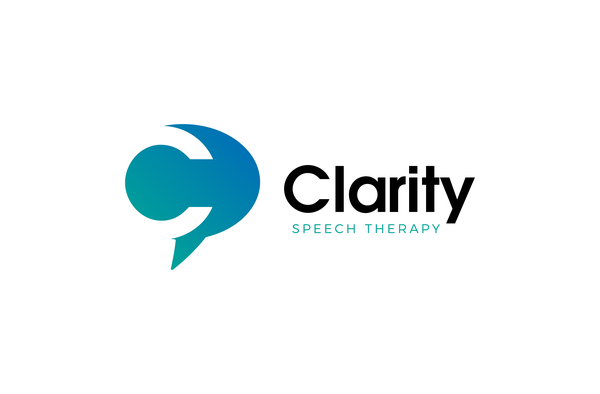Book an Appointment
Online booking is currently open for telehealth or phone sessions only. If you prefer please reach out to christina@clarityslp.com or leave a voicemail at 650.980.4080
Welcome to Jane our secure online booking site!
Speech-Language Pathologist
Clarity Speech Therapy, Inc is a niche practice specializing in older children and adults, working specifically on the muscles of the mouth and face and how they are used for oral resting postures, nasal breathing, chewing and swallowing, and speech.
More generally, speech-language pathologists, also called SLPs, are experts in communication, feeding, and swallowing. SLPs work with people of all ages, from babies to adults. SLPs have education in and treat many types of communication and swallowing problems.
Speech sounds—how we say sounds and put sounds together into words. Other words for these problems are articulation or phonological disorders, apraxia of speech , or dysarthria. Accent acquisition/modification typically falls under this area.
Feeding and swallowing—how we suck, chew, and swallow food and liquid. A swallowing disorder may lead to poor nutrition, weight loss, and other health problems. This is also called dysphagia. Tongue thrust therapy and orofacial myofunctional disorders (i.e., tongue rest posture, oral breathing, and oral habits) fall under this area.
Fluency—also called stuttering/stammering/cluttering, is how well speech flows. Someone who stutters may repeat sounds, like t-t-t-table, use "um" or "uh," or pause a lot when talking. Others will use an excessively fast rate of speech. Many young children will go through a time when they stutter if disfluency persists for 6 month or more, or there is a family history reach out to an SLP.
Voice—how our voices sound. We may sound hoarse, lose our voices easily, talk too loudly or through our noses, or be unable to make sounds. Gender confirmation therapy falls partially under this area (i.e., changing the pitch of the voice to match gender).
Social communication—how we follow rules, like taking turns, how to talk to different people, or how close to stand to someone when talking. This is also called pragmatics. Communication coaching, accent acquisition/modification and gender confirmation therapy also fall under this area.
Cognitive-communication—how our minds work. Problems may involve memory, attention, problem solving, organization, and other thinking skills.
Language—how well we understand what we hear or read and how we use words to tell others what we are thinking. In adults this problem may be called aphasia .
Literacy—how well we read and write. People with speech and language disorders may also have trouble reading, spelling, and writing.
In addition to private practice, you can find a speech-language pathologists in:
Medical settings (e.g., hospitals, rehabilitation centers, long-term and residential health care facilities)
Educational settings (e.g., schools, colleges and universities)
Adapted from the American Speech-Language-Hearing Association (2018) https://www.asha.org/public/Who-Are-Speech-Language-Pathologists/
Select a session
from the list on the left
to view available appointment times

Need Help? christina@clarityslp.com
